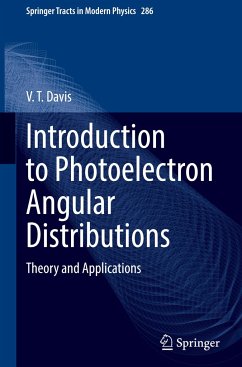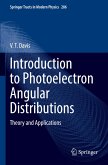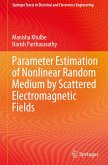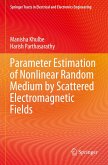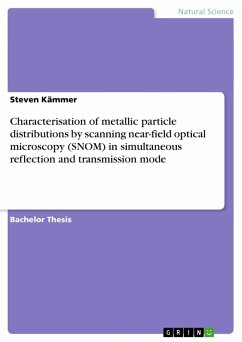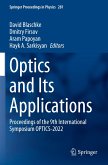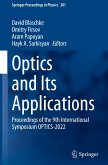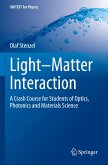This book provides a comprehensive introduction to photoelectron angular distributions and their use in the laboratory to study light-matter interactions. Photoelectron angular distribution measurements are useful because they can shed light on atomic and molecular electronic configurations and system dynamics, as well as provide information about quantum transition amplitudes and relative phases that are not obtainable from other types of measurements. For example, recent measurements of molecular-frame photoelectron angular distributions have been used to extract photoelectron emission delays in the attosecond range which can provide ultra-sensitive maps of molecular potentials. Additionally, photoelectron angular distribution measurements are an essential tool for studying negative ions.
Here, the author presents a detailed, yet easily accessible, theoretical background necessary for experimentalists performing photoelectron angular distribution measurements tobetter understand their results. The various physical influences on photoelectron angular distributions are revealed through analytical models with the use of angular momentum coupling algebra and spherical tensor operators. The classical and quantum treatments of photoelectron angular distributions are covered clearly and systematically, and the book includes, as well, a chapter on relativistic interactions. Furthermore, the primary methods used to measure photoelectron angular distributions in the laboratory, such as photodetachment electron spectroscopy, velocity-map imaging, and cold target recoil ion momentum spectroscopy, are described. This book features introductory material as well as new insights on the topic, such as the use of angular momentum transfer theory to understand the process of photoelectron detachment in atoms and molecules. Including key derivations, worked examples, and additional exercises for readers to try on their own, this book serves as both a critical guide for young researchers entering the field and as a useful reference for experienced practitioners.
Here, the author presents a detailed, yet easily accessible, theoretical background necessary for experimentalists performing photoelectron angular distribution measurements tobetter understand their results. The various physical influences on photoelectron angular distributions are revealed through analytical models with the use of angular momentum coupling algebra and spherical tensor operators. The classical and quantum treatments of photoelectron angular distributions are covered clearly and systematically, and the book includes, as well, a chapter on relativistic interactions. Furthermore, the primary methods used to measure photoelectron angular distributions in the laboratory, such as photodetachment electron spectroscopy, velocity-map imaging, and cold target recoil ion momentum spectroscopy, are described. This book features introductory material as well as new insights on the topic, such as the use of angular momentum transfer theory to understand the process of photoelectron detachment in atoms and molecules. Including key derivations, worked examples, and additional exercises for readers to try on their own, this book serves as both a critical guide for young researchers entering the field and as a useful reference for experienced practitioners.

